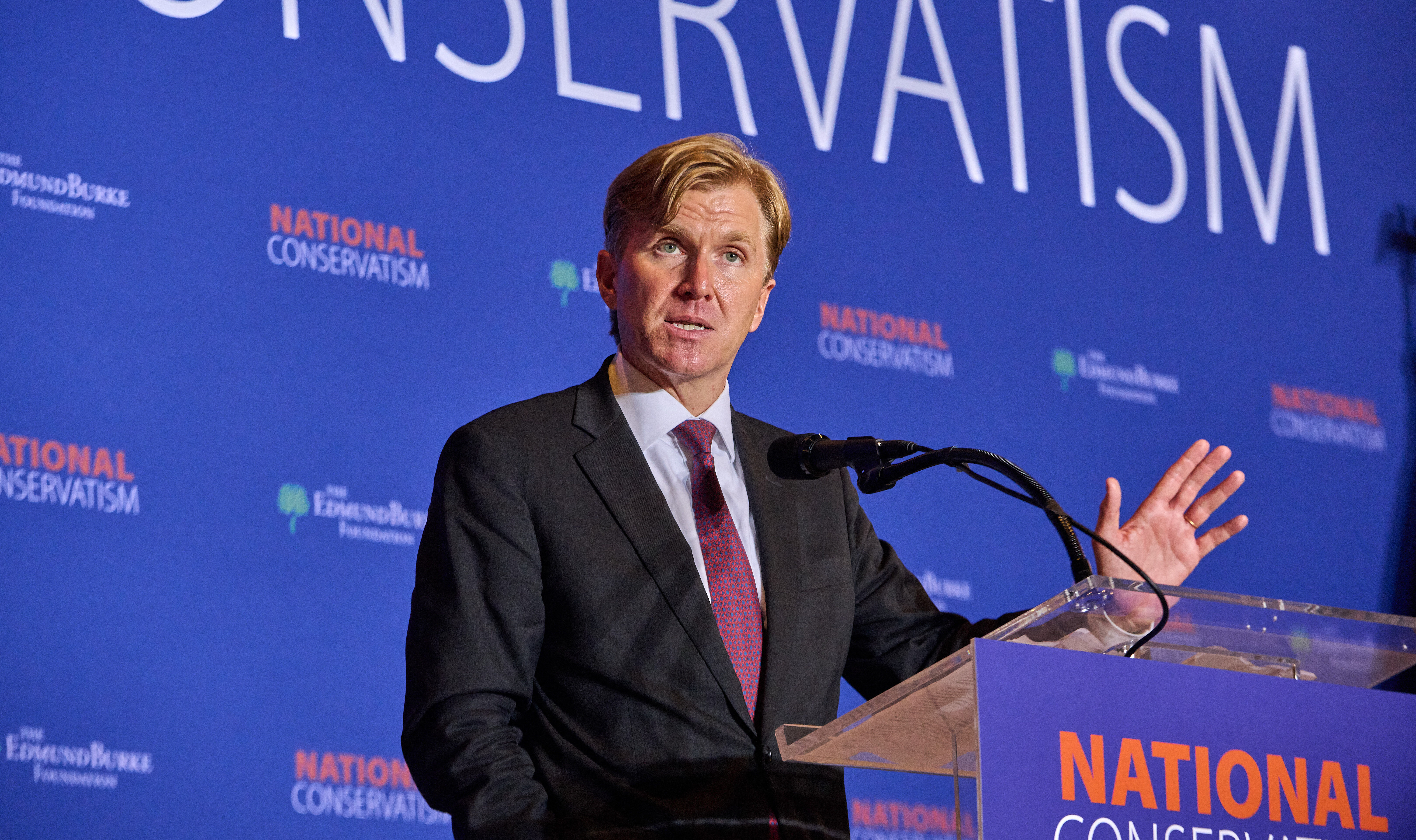Nation And State
The equation of state with nation is the arch-heresy of our time. A “nation” is, at root, an ethnic and linguistic – occasionally religious – entity. Since it is through language and liturgy that culture is transmitted, each nation will have its own distinctive cultural history, available for use and misuse, invention and discovery.
The state, however, is a political construction designed to keep the peace in an economically viable territory. There are simply too many “nations” – actual or potential – to form the basis of a world system of states, not least because so many of them, having been jumbled up for centuries, cannot now be disentangled. ~Robert Skidelsky
As it happens, I agree with this almost entirely. Self-determination along ethnolinguistic lines has been one fo the great curses of the modern era, and it is responsible for a large part of the bloodshed of the last two centuries in Europe and around the world. Separating the concept of a nation from a polity representing or somehow embodying that nation is quite difficult. There has long been a flawed idea that every nation that lacks its own political independence is necessarily unfree or oppressed or denied its “natural” rights. This falsehood was used to good effect as a justification for dismantling the Austro-Hungarian empire, which arguably had the most elaborate system then in existence for respecting traditional legal rights and languages of its various subject peoples, and the bloodshed among these various peoples in the decades that followed was the result of destroying the so-called “prison of nations.”
Great powers have promoted or opposed specific cases of self-determination based largely on whether it would aid or harm their rivals or otherwise advance or threaten their goals in the region. Most are familiar with British promotion of Arab nationalism against the Ottomans and Russian support for Orthodox rebels against the Porte, but their rivals were engaged in the same efforts. Part of Wilhelm I’s ill-advised Weltpolitik was to try to stir up Central and South Asian Muslim rebellions against Russia and Britain. Washington was doing the same kind of thing in Kosovo and it is what Russia has been doing with the separatist enclaves in Georgia and Moldova. As I said repeatedly before last February and many times after that, one of the reasons why recognition of Kosovo was so dangerous and foolish is that it would provide a precedent and a provocation for Russia to promote separatists inside allied countries, and it would also generally contribute to international instability. Until then, Russia was still mostly willing to respect status quo borders and was formally opposed to interference in the internal affairs of other states. As a state with myriad ethnic groups and substantial separatist problems in the north Caucasus, Russia had no interest in endorsing ethnic self-determination and independence movements. The partition of Serbia changed this in a significant way. The blatant and willful disregard for Serbia’s sovereignty that recognizing Kosovo entailed made clear that the West as a whole had contempt for international law whenever it suited us. If it came to it, Russia would not need to be constrained by respect for Georgian sovereignty. Saakashvili managed to exacerbate this situation by giving Russia the perfect opening for using force to complete the separation of these enclaves from Tbilisi, but the outcome had already been determined when Serbia was partitioned simply because Western governments could do it.
It is also hard to forget that Skildelsky’s argument was exactly the argument that Milosevic made when he was defending Belgrade’s total opposition to separatist movements in Yugoslavia and inside Serbia itself. Back then, the respectable Western view was that all non-Serb nations had an absolute right to self-determination, regardless of the consequences or the history of the would-be independent state, and any effort by Belgrade to suppress rebellions aimed at carving up Yugoslavia and Serbia had to be denounced as tyrannical and monstrous. Now that Moscow has turned the rhetoric and posturing of self-determination against a “pro-Western” government, Westerners are rediscovering their wariness of political fragmentation and their distaste for non-viable, criminal statelets. Suddenly there is great concern over “Russia’s fictional sovereignties,” as if the sovereignties that the West propped up in the Balkans were any more real.
It would be highly desirable to bring this destructive process to a halt now, but it is not at all clear that Washington is willing to abandon using separatist movements as weapons against other states. There is no guarantee that this back-and-forth can be ended at this point, as both Moscow and Washington are invested in their respective myths that they are defending the rights and “freedom” of long-suffering peoples. Having gone so far as to recognize the independence of these non-viable states, neither government will want to climb down and reverse itself. Short of that, opposing or at least refusing to support future separatist ambitions is the best that we can hope to see.
